Archiving Communities of Resilience and Resistance in Caltech's Present & Past
This panel marked the end of the first quarter of my 2020 Chang Prize project, “Intersections” – a project that I imagined would explore the ways that recording and remembering community histories could inform, ground, and inspire new forms of solidarity building.
I wanted to begin that exploration with the community I lived in for the last four years. Inspired by the Archiving Student Activism at Princeton (ASAP) initiative, led by Jarrett Drake, I wondered about the stories Caltech tells of itself, and the stories that are left out in those retellings. I wondered how each determines who and what we remember as belonging to (and belonging in) the institute. And I wondered how adding to and complicating our collective memory of Caltech’s past – how telling new members of campus that they are not just inheriting legacies of science, but legacies of resilience, resistance, and community – could craft new imaginations for Caltech’s future.
This event thus followed a few months of oral history work collecting a small handful of narratives from campus organizers, activists, and advocates who studied at Caltech over the decades. Those narrators include Dr. Tom Jovin (BS ’60), who worked with the Caltech Y to expand public service projects and served as ASCIT president; Dr. Edray Goins (BS ’94), who, served as a founding member and president of the Caltech chapter of the National Society of Black Engineers (NSBE), worked tirelessly with the Office of Minority Student Affairs, and researched and wrote on the history of Black students at the institute; and Jennifer Caron Oldham (BS ’02), who founded the Peaceful Justice Coalition (PJC) at Caltech, led the Y as president, and started initiatives like Make-a-Difference Day (MAD Day). Their oral histories detailing their experiences and efforts at the institute are in the process of being transcribed and added to the Caltech Archives, and I’ll ask you all to keep an eye out for them over the next several months.
But as these histories were being shared with me and as I began working at an incredible community-based archive, myself, it became really clear that community histories are most meaningful when they become part of their communities – when we have the chance to reflect on the people who were in our shoes before us, understand the work that they did and that we’ve inherited, and conceive of new ways to build on their legacies. So, this panel was an effort to take those campus histories, spanning across different decades and crisscrossing between the staff, faculty, and student bodies, and embed them in our present moment and our present Caltech community.
I hope that as you watch the recording and hear from the three panelists, Rochelle Diamond, Dr. Edray Goins (BS ’94), and Dr. Melany Hunt, you’re able to see alternative pasts at the institute and imagine new visions for its future.
Archiving Communities of Resilience and Resistance in Caltech's Present & Past
TUESDAY, APRIL 27TH | 4:00 TO 5:30 PM PST
The legacy of Caltech is marked by stories of injustice. It is also marked by the communities forged in the face of that injustice, exclusion, and bigotry. In this event, a panel of current and former members of Caltech’s staff, faculty, and student body (Rochelle Diamond, Dr. Melany Hunt, and Dr. Edray Goins) offer reflections on their personal histories of organizing, agitating, and advocating on campus. In doing so, we consider the ways that remembering those histories — through practices of archiving and other forms of memory work — can inform, ground, and inspire present and future activism at Caltech.
The event also includes remarks from Dr. Peter Collopy, Caltech’s University Archivist, and is facilitated by Nivetha (Niv) Karthikeyan as part of her 2020 Milton and Rosalind Chang Prize project, “Intersections: Building Solidarity Through Community Archives.”
-
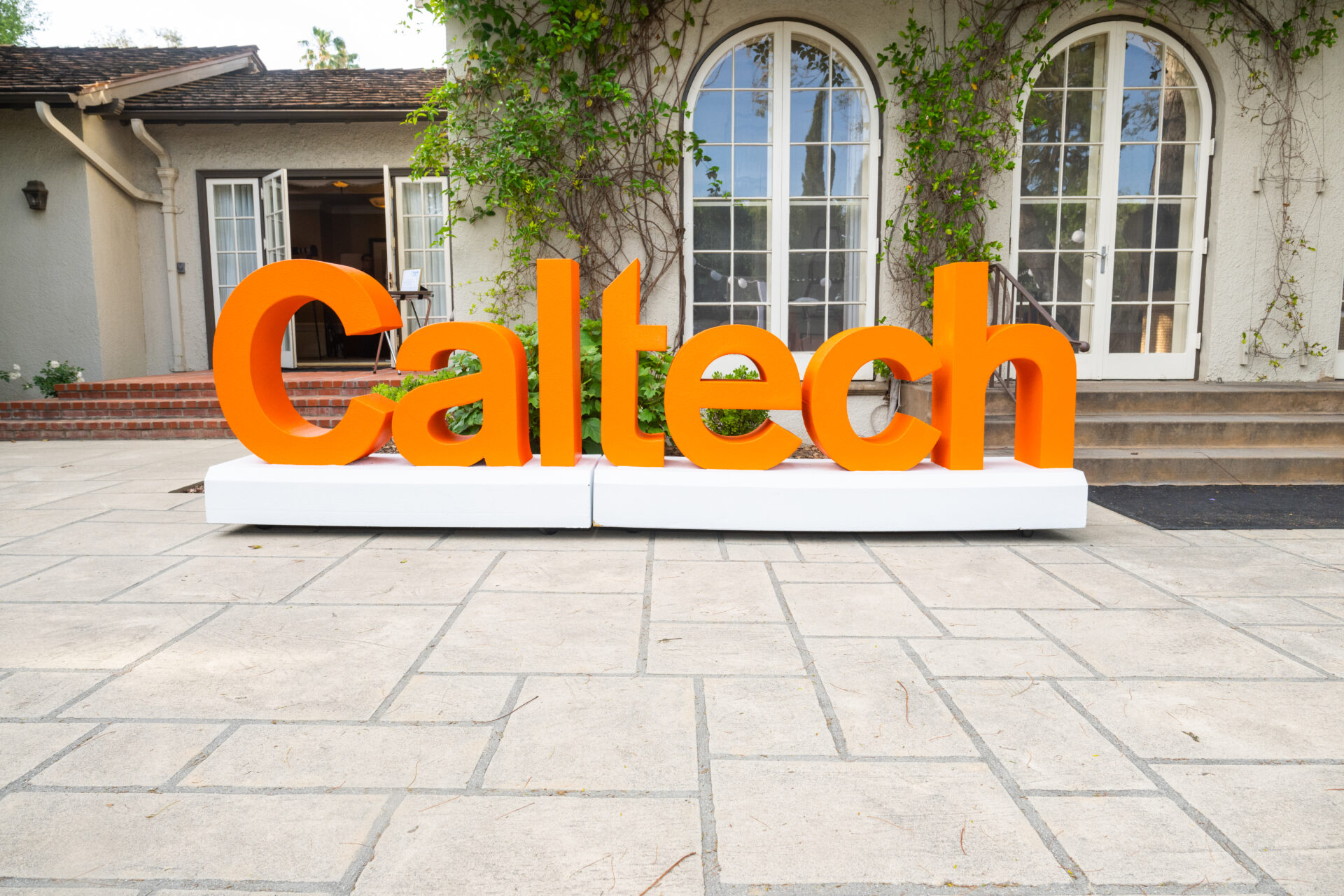
Caltech Alumni Association Announces 2026 Board-Nominated Slate
We are pleased to announce the 2026 board-nominated slate for the Caltech Alumni Association Board of Directors.
-
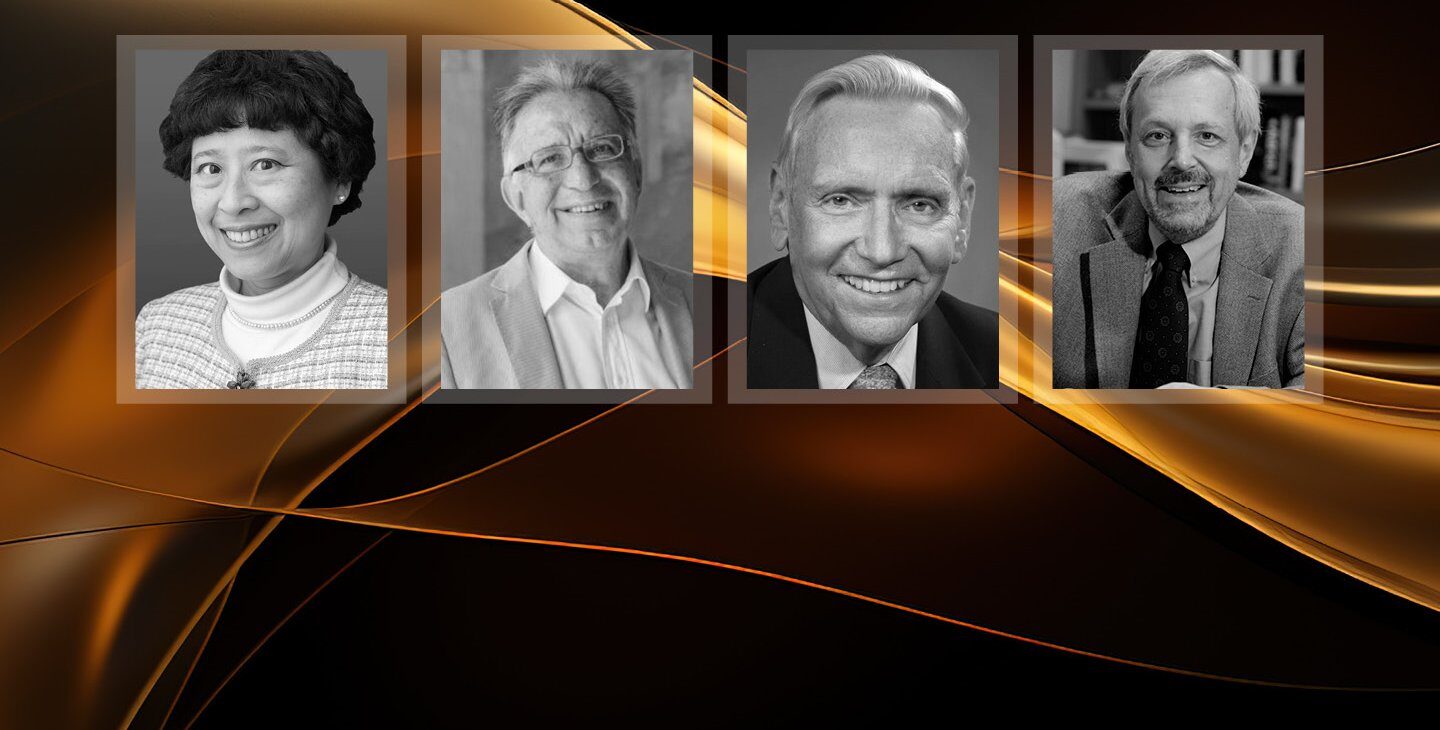
Caltech Announces 2025 Distinguished Alumni Award Recipients
Caltech honors four alumni with its 2025 Distinguished Alumni Award for achievements in science, engineering, and societal impact.
-
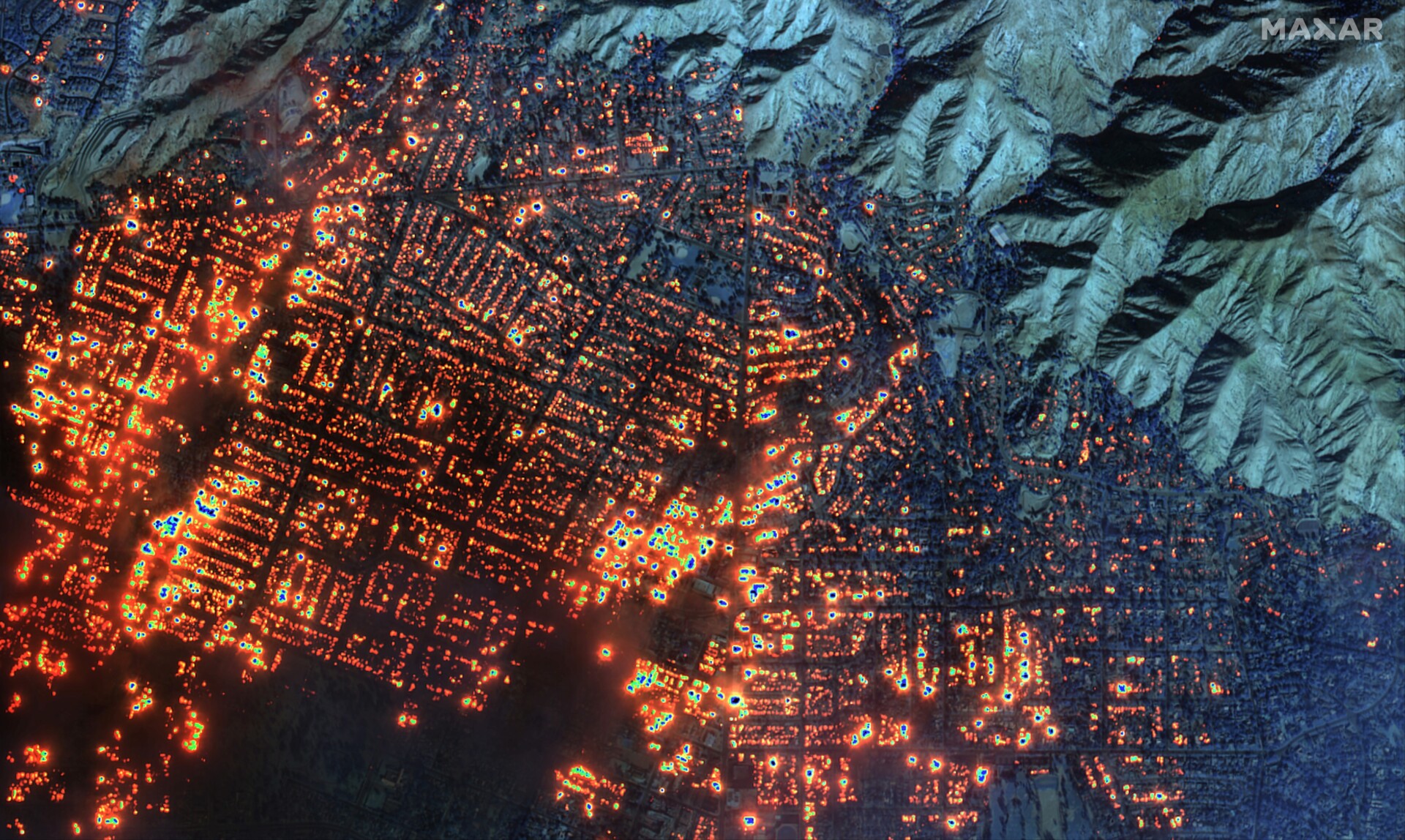
Support the Caltech and JPL Disaster Relief Fund
Support the Caltech and JPL communities impacted by Southern California's devastating fires.
-
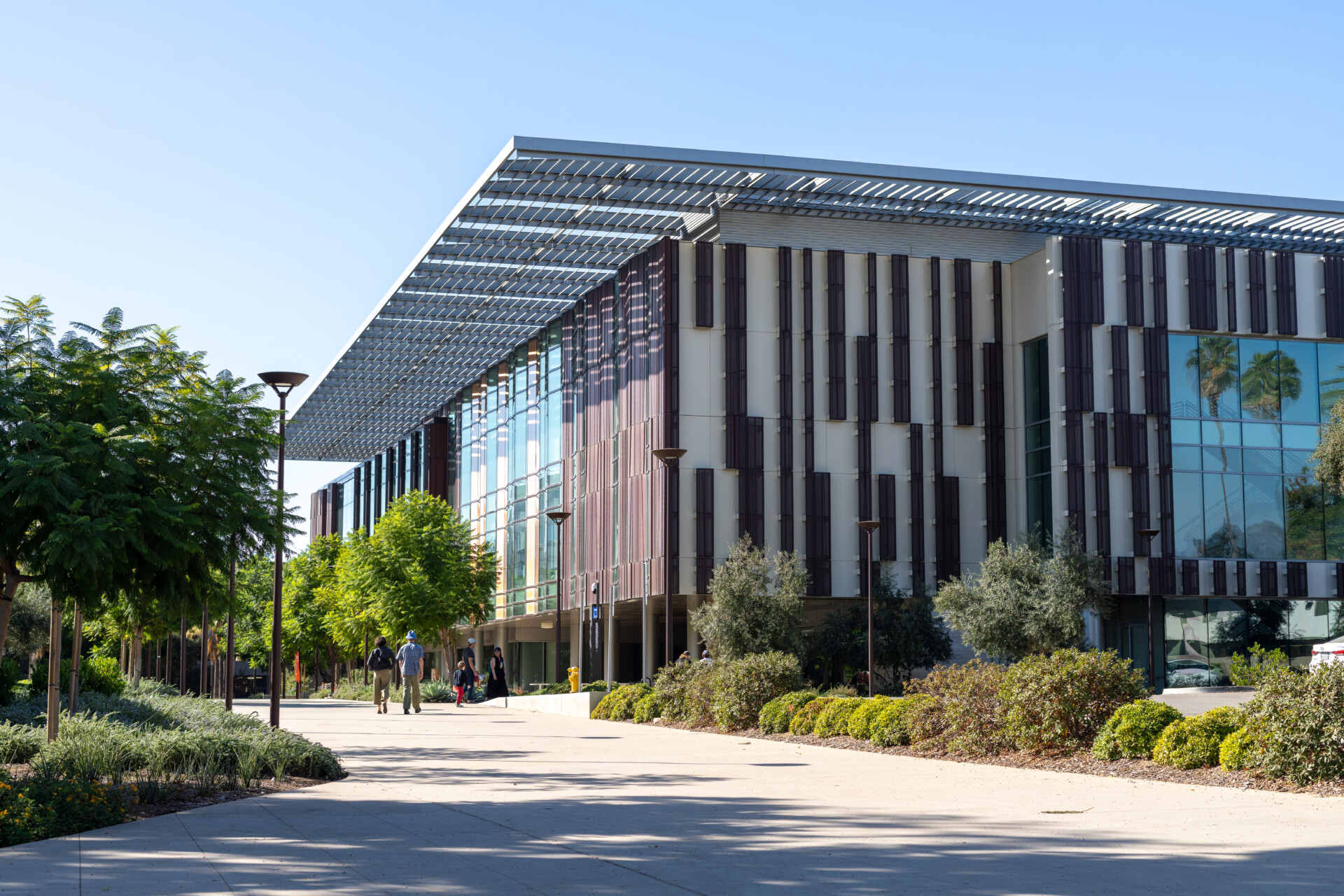
Resources and Response for the Caltech Community from President Thomas F. Rosenbaum
A message on resources and response for the Caltech community from Thomas F. Rosenbaum, Sonja and William Davidow Presidential Chair and Professor ...
-
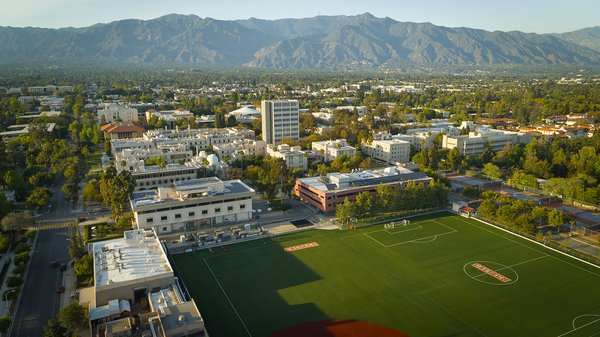
A Message to the Caltech Community from President Thomas F. Rosenbaum
President Rosenbaum addresses the impact of the Eaton, Palisades, and Hurst fires on our community and shares resources to support those affected.
-
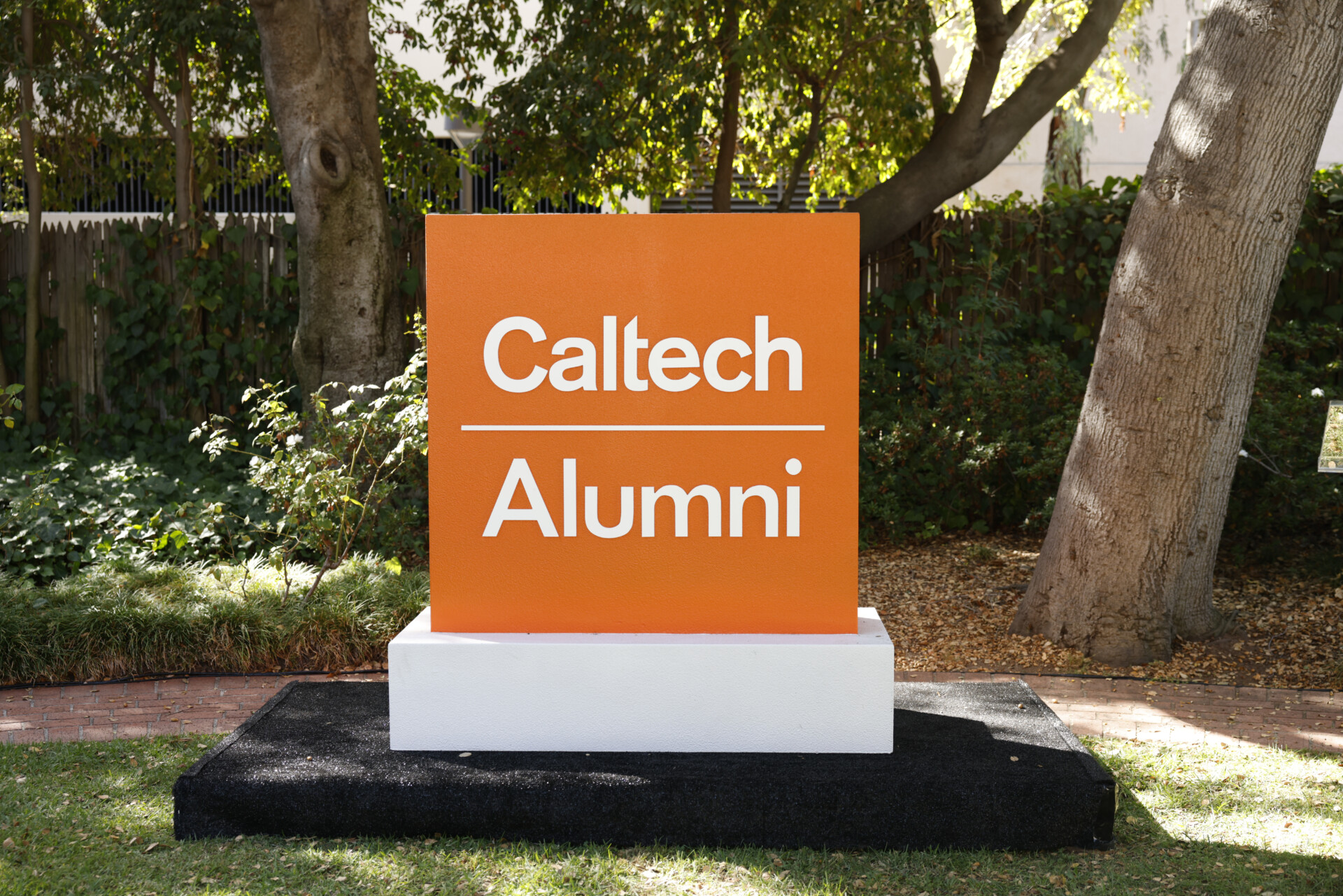
New Caltech Alumni Association Board of Directors Members and Officers Elected
The Caltech Alumni Association is pleased to introduce five new members of the Caltech Alumni Association’s Board of Directors and Officers.